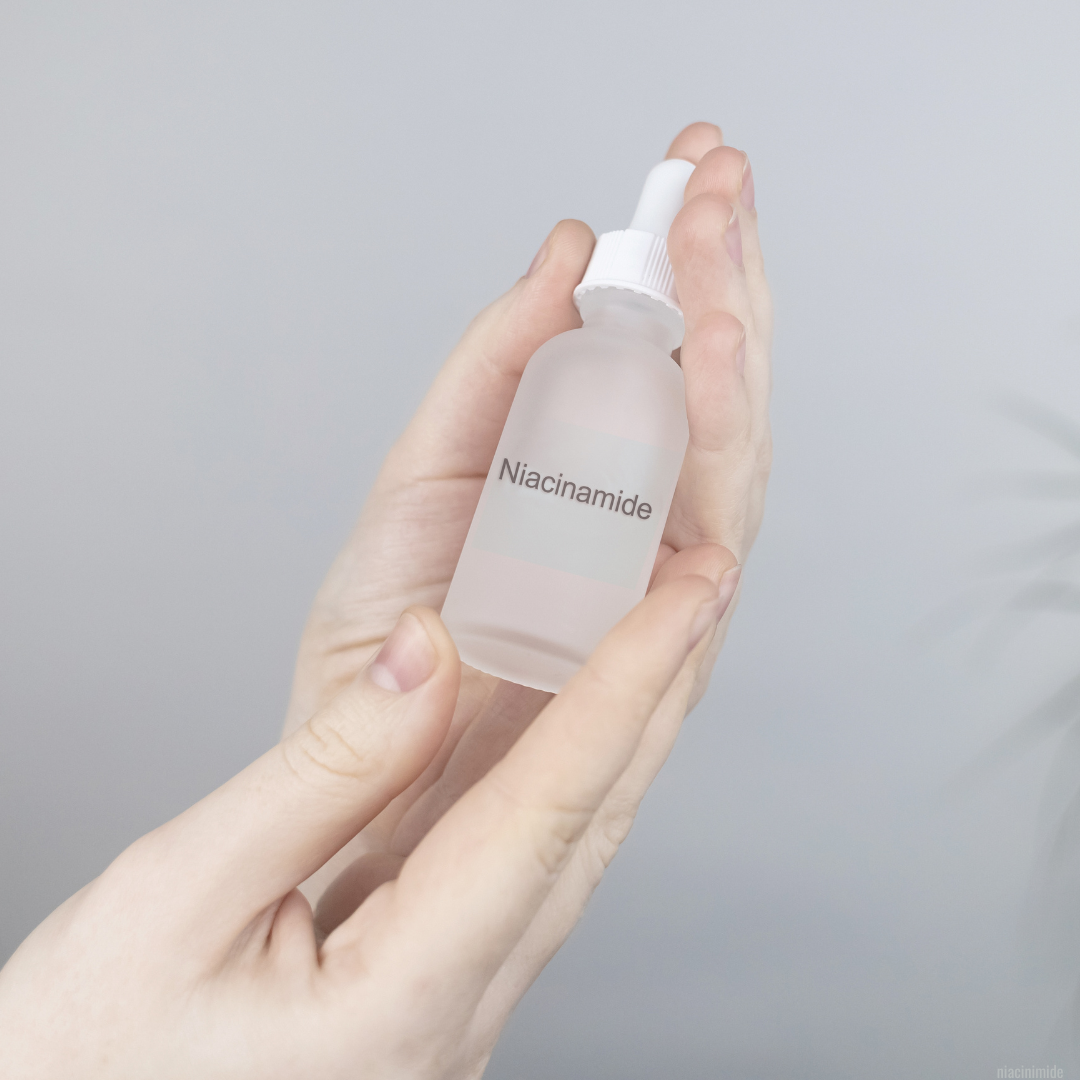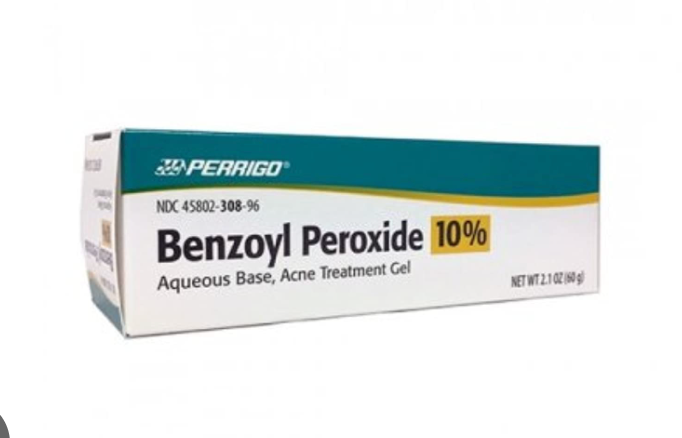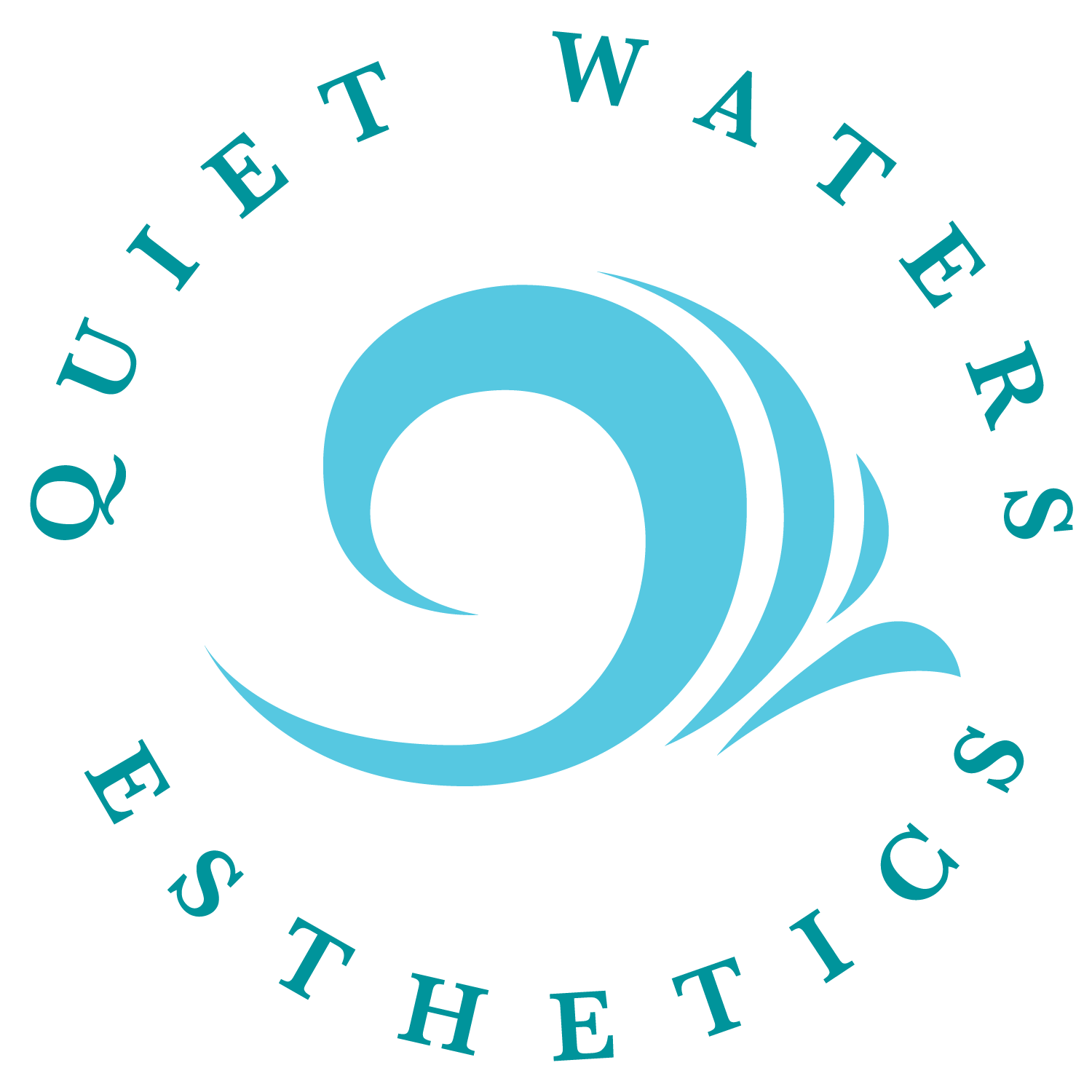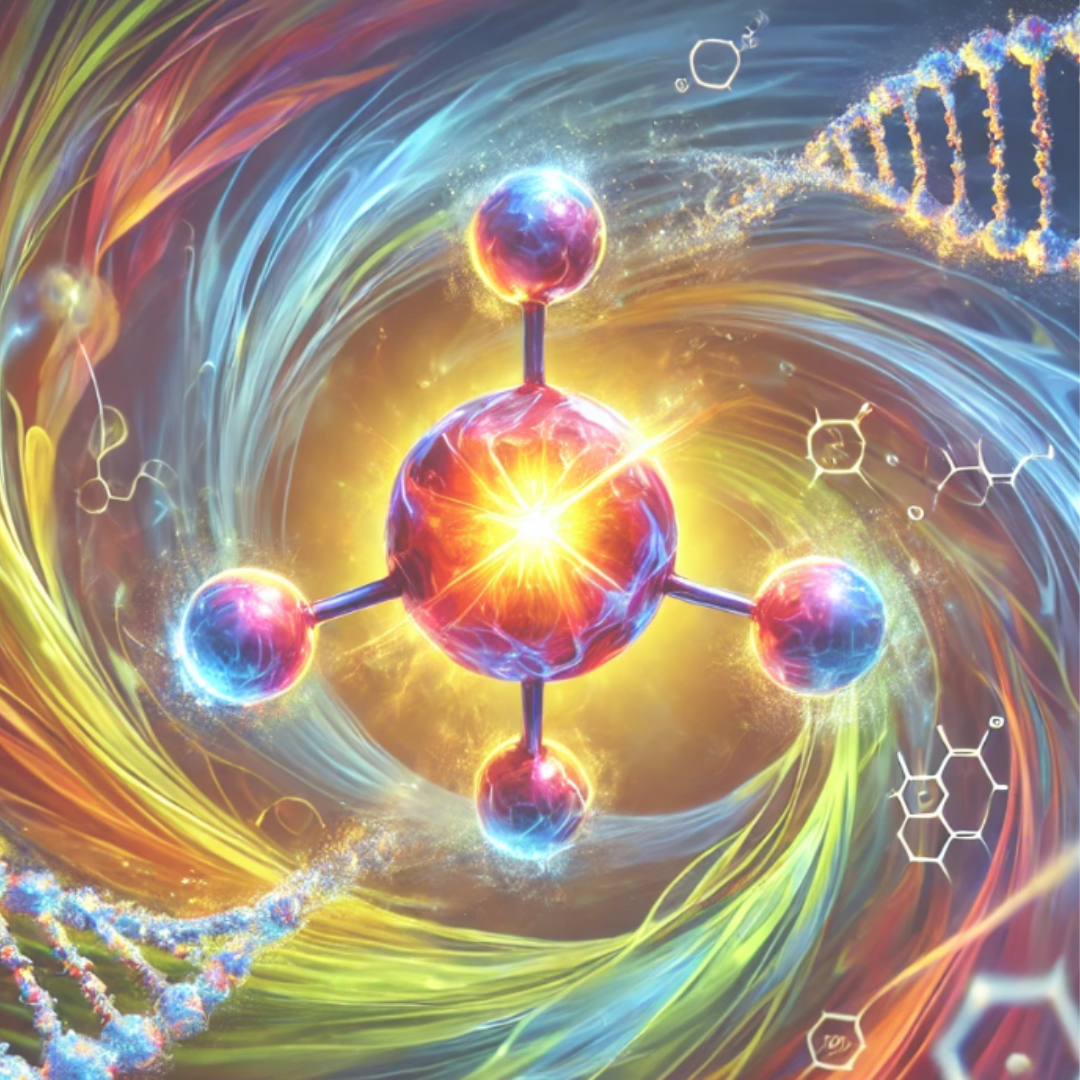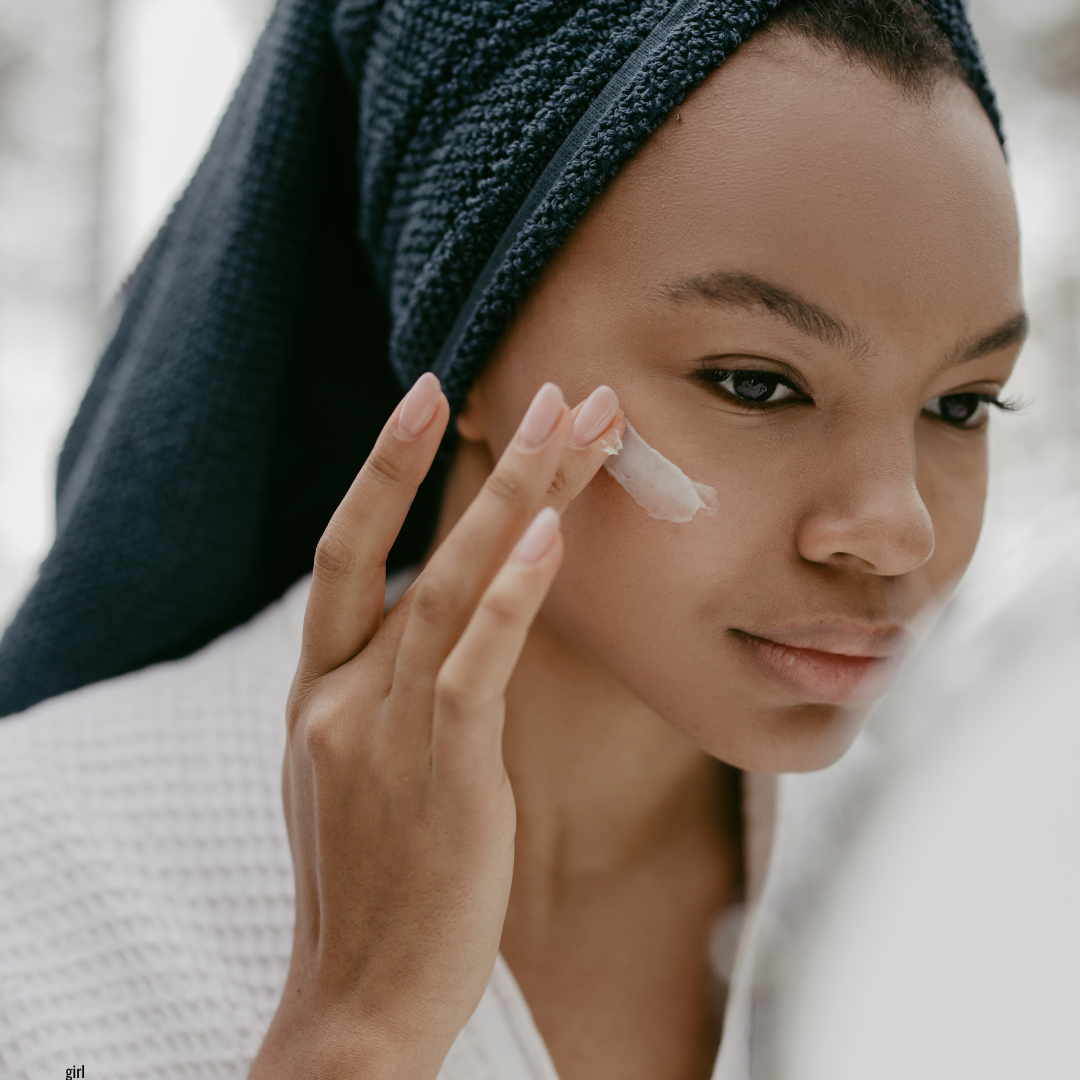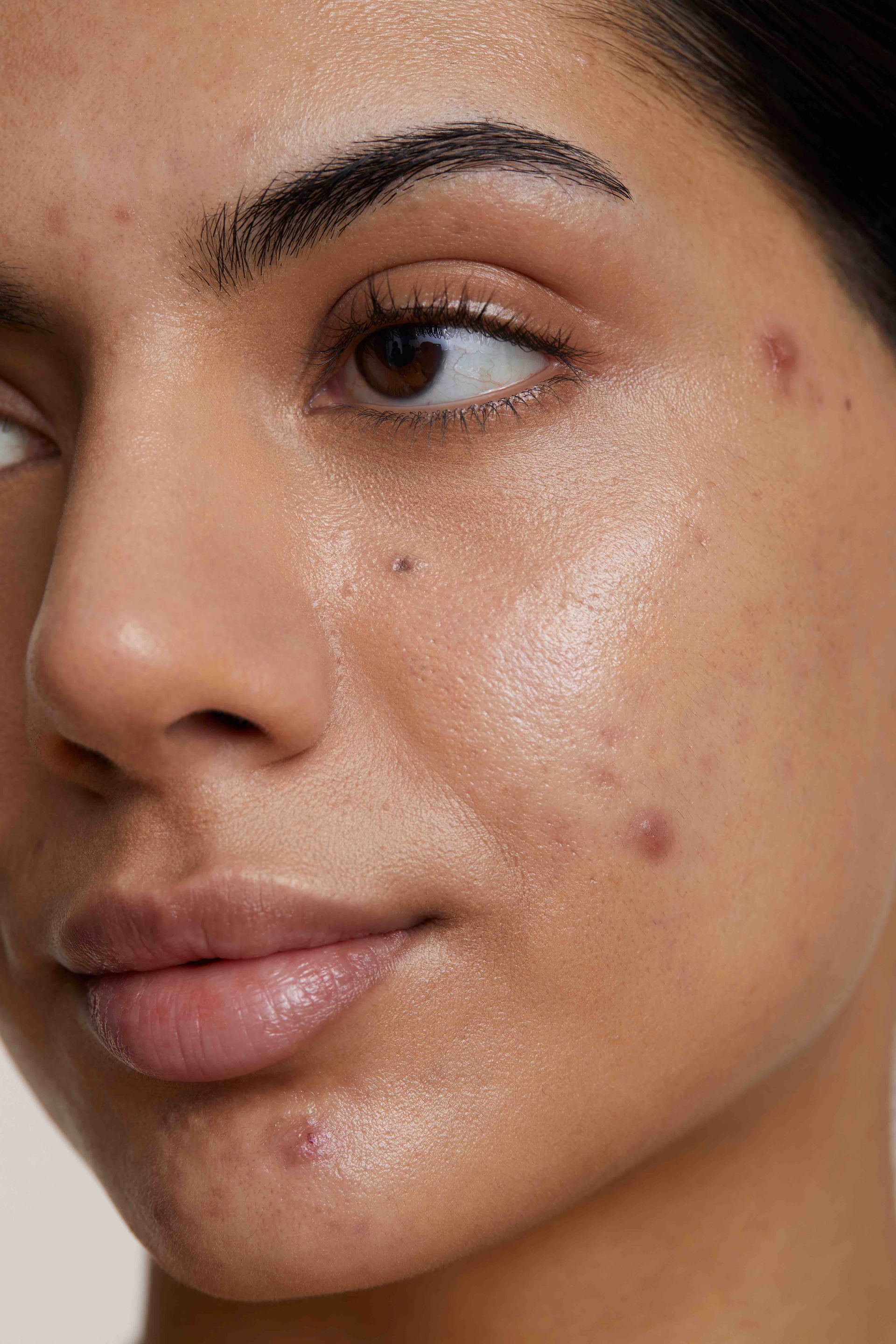What Are Retinoids, and Why Are They So Popular?
New Title
Retinoids are ingredients derived from vitamin A (yes, the same vitamin that helps your vision!) and are known for their powerful effects on the skin. Retinoids work by interacting with receptors in your skin to increase cell turnover, which helps with collagen production, reduces fine lines, fades dark spots, and prevents clogged pores and breakouts. That’s why retinoids are a go-to ingredient for both acne and anti-aging.
Retinoid vs. Retinol: What’s the Difference?
You might see the terms "retinoid" and "retinol" used interchangeably, but there’s a difference. "Retinoid" is an umbrella term for all vitamin A-based ingredients that work on skin receptors. Retinol is just one type of retinoid. Other types include retinal, tretinoin, adapalene, and retinyl palmitate.
How Do Retinoids Vary in Strength?
Retinoids range in strength, which affects how intense they are on the skin. Here’s a simple rundown:
- Milder retinoids, like retinyl palmitate, are low in potency and often work more gently on the skin.
- Retinoic acid is the strongest option available and can directly act on the skin’s receptors without needing conversion.
The main thing to remember is that most retinoids have to convert into retinoic acid to work. The more conversion steps required, the lower the potency. So, a gentler retinoid might be best for sensitive skin, while stronger options may be more effective for people with tougher skin concerns.
Choosing the Right Retinoid for You
Whether you’re dealing with acne, fine lines, or uneven skin tone, there’s likely a retinoid that can help. It’s just about finding the strength and type that best suits your skin’s needs. So take your time, and don’t worry—retinoids can be a powerful addition to your routine with the right fit!
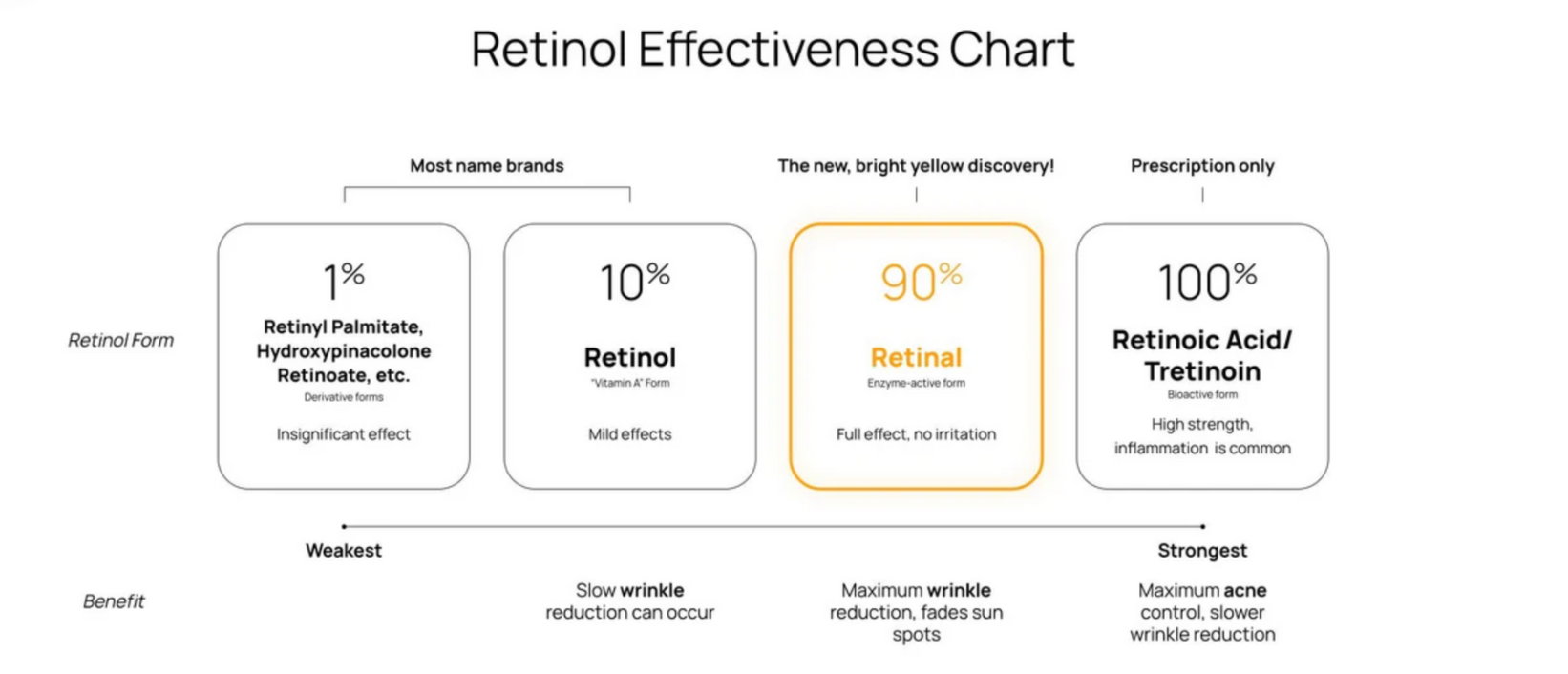
Your Guide to Retinoid Types: Breaking Down the Basics
Navigating retinoid products can feel like a puzzle—there are all these different names, and it’s hard to know what’s best for your skin. We’re here to break it all down, with an easy guide to the main retinoid types and how each one actually works on the skin.
The Standard Option: Retinol
- Conversions: 2
- Strength: Mild
- Ideal concentration: 0.5% to 1%
Retinol is basically regular vitamin A and one of the most common skincare retinoids out there—so common, in fact, that most people think of all retinoids as “retinol.” Retinol definitely has anti-aging benefits, but it has to convert twice in the skin before it’s usable, which means it’s about 20 times weaker than retinoic acid (the “gold standard”). That’s why retinol is generally best for people with sensitive skin or those starting out with retinoids. But there’s a catch: retinol isn’t very stable, so it can lose potency quickly if exposed to light or air. If you’re not seeing results, it might be that your retinol product has degraded.
The Balanced Choice: Retinal
- Conversions: 1
- Strength: Balanced
- Ideal concentration: 0.1%
Retinal (with an “a”) is the next step up from retinol and strikes a nice balance between power and gentleness. Known as “retinaldehyde,” it’s already one conversion closer to retinoic acid, making it more bioavailable than retinol. Studies have shown that retinal offers comparable results to retinoic acid but with less irritation, which makes it a great choice if you want visible results without the harsh side effects. Our clients who switch to retinal often see results faster with less irritation compared to other retinoids.
The Heavy Hitter: Retinoic Acid (Tretinoin)
- Conversions: 0
- Strength: High
- Ideal concentration: 0.01% to 0.05%
Retinoic acid is the strongest retinoid because it doesn’t need to convert to start working on your skin’s receptors. It’s available by prescription (often under the name “tretinoin”) and can address everything from acne to wrinkles. But since it’s so powerful, it can come with a side of irritation and peeling. If you have specific skin issues that need serious treatment, your doctor can help you determine if retinoic acid is the right option for you.
The “Meh” Option: Synthetic Retinol Derivatives
- Conversions: 3
- Strength: Negligible
Synthetic retinol derivatives are popular in skincare because they’re stable, cheap, and easy to work with. They let brands label products as “retinol serums” even though these forms don’t work nearly as well as real retinol or retinal. These derivatives, like retinyl palmitate or hydroxypinacolone retinoate (aka “granactive retinoid”), aren’t bioavailable enough to be very effective. Most evidence supporting them is based on lab studies, not real human skin results, so you’re unlikely to see the same benefits that you would with other retinoid types.
The Acne Fighter: Adapalene
- Conversions: 0
- Strength: Targeted
Adapalene is unique because it targets two of the three retinoic acid receptors but not the main anti-aging receptor, alpha. This makes it great for targeting acne without as much of an effect on wrinkles or pigmentation. Since it’s FDA-regulated as an over-the-counter drug, you can trust that it contains exactly what it claims, which isn’t always true of cosmetics.
Prescription-Only Newbies: Trifarotene and Tazarotene
- Conversions: 0
- Strength: Targeted
Newer retinoids like trifarotene and tazarotene are prescription-only and often used for specific concerns like acne or psoriasis. Trifarotene mainly targets gamma receptors, while tazarotene acts on both gamma and beta receptors. These are designed for targeted treatments, so if you’re considering them, talk to your doctor about whether they’re suitable for your needs.
The Last Resort: Isotretinoin
Isotretinoin (Accutane) is taken orally rather than topically and is typically a very last resort for severe acne. It’s powerful stuff and comes with a range of negative side effects, so it’s only prescribed when other treatments haven’t worked. I do not recommend this option.
The Reality of Retinoid Labels
Brands don’t always clearly label what type of retinoid is in their formulas. It’s common to see “retinol serum” or “vitamin A serum” labels even when they contain mainly ineffective derivatives. To be sure you’re getting a true retinol or retinal product, always check the ingredient list—if you don’t see “retinol” or “retinal,” it might not be the real deal. Also, seeing the percentage of the retinoid in the product is very important in knowing exactly what you are getting.
Bottom Line: Which Retinoid Is Right for You?
When it comes to retinoids, natural forms like retinol, retinal, and prescription retinoic acid are generally more effective because they work with your skin’s natural processes. For most people, retinal is the best bet: it’s more potent than retinol but gentler than retinoic acid, offering real results without a lot of irritation.
Retinoids for Acne
Retinoids are a must when treating acne. They can target many of the underlying causes of acne by increasing skin cell turnover, reducing oil production, preventing c-acnes bacteria growth, reducing inflammation, increasing skin hydration, and by acting as an antioxidant.
